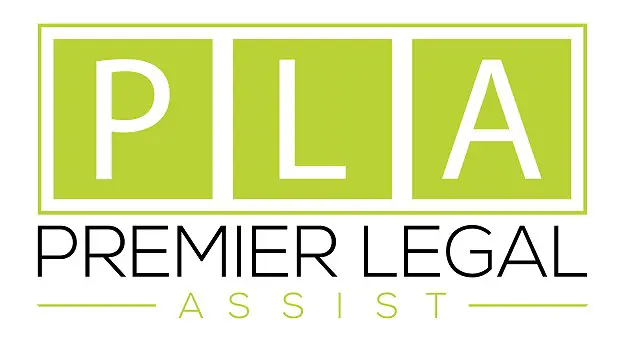Awaab’s Law: Social Housing Landlords Required to Rehouse Tenants
Strict new timeframes mean social landlords will have to provide and pay for alternative accommodation if damp and mould issues aren’t addressed in time.
In October 2025, new laws will come into force for social housing landlords. Part of the Social Housing (Regulation) Act 2023, the new rules are known as Awaab’s Law and aim to protect social housing tenants from unsafe and unhealthy housing conditions, caused by issues like damp and mould.
Awaab’s Law is named after two-year-old Awaab Ishak who died in 2020 from complications caused by black mould in his parents’ social housing flat.
The Housing Secretary, Angela Rayner, recently addressed MPS during a speech:
“Awaab’s law is a crucial piece of legislation that will empower residents to hold registered providers of social housing to account by law if they fail to act on hazards in social homes and make them safe within set timescales.
“This law will ensure that the relationship between landlord and tenant is strengthened, that social landlords take tenants’ concerns seriously, treat all residents with empathy and dignity and that tenants feel respected and heard.”
Ms Rayner added that the government would take a “test and learn” approach to implementing new legislation.
Under Awaab’s Law, landlords must:
- Investigate and act on emergency repairs within 24 hours
- Investigate reports of a potential significant hazard within 10 working days (14 calendar days) of becoming aware of it
- Provide a written summary of the investigation findings within three working days of the investigation concluding
- Commence repair work to address significant hazards within seven calendar days of the report being issued
Complete repairs for significant hazards within a ‘reasonable timeframe’ - Arrange and cover the cost of alternative accommodation if a property cannot be made safe within the required timeframe
Some of the timescales mentioned in Awaab’s Law are yet to be specified, and further details will emerge in due course. The law will be further extended in 2026 and 2027 to cover other hazards, including extreme heat and cold, structural issues, fire and electrical hazards, and hygiene hazards.
Ms Rayner added:
“Under Awaab’s law, where landlords do not meet their obligations by failing to comply with the new strict timelines for remedying hazards, tenants will be able to challenge them.
“They can seek to have poor housing conditions put right through their landlord’s complaints process, the Housing Ombudsman, and through the courts by bringing a housing disrepair claim.”
Housing disrepair claims
In addition to damp and mould, social landlords are responsible for resolving a wide range of issues, including:
- Leaks, flooding or water damage
- Cracks and structural damage
- Defective roofing or gutters
- Defective brickwork
- Insect infestations
- Faulty plumbing, heating and broken boilers
- Vermin infestations (rats/mice)
- Electrical faults
- Broken doors, windows, and locks
Failure to do so can lead to a housing disrepair complaint from the tenant.
Initially, tenants should contact their local authority or housing association to complain about social housing. If the issue remains unresolved to their satisfaction, they can escalate their complaint to the Housing Ombudsman Service (HOS) for an independent review.
HOS is an independent and impartial service that settles disputes between residents and landlords. It can order landlords to complete repairs, provide apologies, and pay financial compensation. It can also recommend improvements, such as in landlords’ record-keeping and complaint-handling procedures.
Premier Legal Assist can help
Premier Legal Assist works with a panel of specialist solicitors with extensive experience in dealing with housing disrepair cases on a ‘no-win, no-fee’ basis, covering a wide range of Housing Associations and Local Authorities across the UK.
Our dedicated panel of solicitors ensures the best possible outcome is achieved for clients and that support is provided every step of the way.
To find out if you may be eligible to make a housing disrepair claim, get in touch via WhatsApp or fill out our claim form.
Other Insights
Important Information
Premier Legal Assist is a claims management company. You do not need to use a claims management company to make your complaint, you can complain to the organisation you are complaining about directly. If the issue is not resolved, you can refer it to the relevant independent Ombudsman service for free.
For personal injury claims, you do not need to use a representative to make a claim for low-level personal injuries sustained in a road traffic accident. You can claim through the online Official Injury Claims portal yourself, for free. If your injury damages exceed the small claims limit, we recommend you use a specialist legal service.
For all other types of personal injury, including medical negligence, employment claims and workplace injuries, we always recommend discussing your claim with a legal professional. You should only proceed with a claim when you understand the risks and associated costs.






